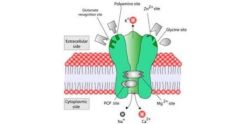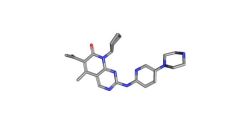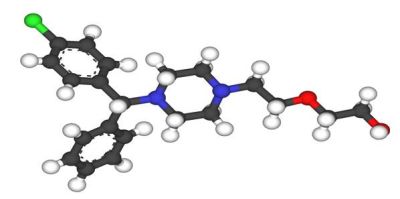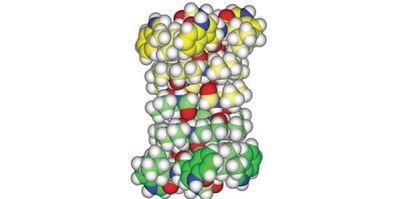According to a study published in JAMA, children with acute lymphoblastic leukaemia who had a certain gene variant experienced a higher incidence and severity of peripheral neuropathy after receiving treatment with the cancer drug vincristine.
Acute lymphoblastic leukaemia (ALL) is the most common childhood cancer. While cure rates have surpassed 85 percent, the need to decrease the toxicities of treatment has become increasingly important to improve the quality of life and longevity of the patients.
Vincristine is one of the most widely used drugs for the treatment of ALL in both adults and children. Some of the toxic effects associated with the drug include peripheral neuropathy, neuropathic pain and impaired manual dexterity, balance, and altered gait. There is currently no method of identifying which patients might be at a higher risk of developing vincristine-induced neuropathy and there are no outlined strategies to reduce this drug toxicity either.
William E. Evans, Pharm.D, of St. Jude Children's Research Hospital, Memphis, and colleagues performed a genome-wide association study to determine whether there are genetic variants associated with vincristine-induced neuropathy. The study included patients in 1 of 2 prospective clinical trials for childhood ALL that included treatment with 36 to 39 doses of vincristine. Genetic analysis and vincristine-induced peripheral neuropathy were assessed in 321 patients from whom DNA was available. 222 patients (median age, 6.0 years) enrolled in 1994-1998 in a St. Jude Children's Research Hospital cohort; and 99 patients (median age, 11.4 years) enrolled in 2007-2010 in a Children's Oncology Group (COG) cohort.
The findings show that moderate to life threatening vincristine-induced neuropathy during therapy occurred in 28.8 percent of patients in the St. Jude cohort and in 22.2 percent in the COG cohort. The researchers found that an inherited variant in the gene CEP72 was associated with a higher incidence and severity of vincristine-related peripheral neuropathy in children with ALL. Approximately 56 percent of patients with the gene variant developed at least 1 episode of moderate to life threatening neuropathy as compared with 21 percent of other patients.
“If replicated in additional populations, this finding may provide a basis for safer dosing of this widely prescribed anticancer agent,” the authors write.
In an accompanying editorial, Howard L. McLeod, Pharm.D, of the Moffitt Cancer Center, acknowledged the biological plausibility of this study’s conclusion. However, he highlights the fact that vincristine remains the most widely accepted treatment regimens for childhood ALL and it is not clear as to how vincristine can be removed from the treatment options for a child with CEP72 variants without compromising its antileukemic effect.
Source: JAMA
Image Credit: Wikimedia Commons























